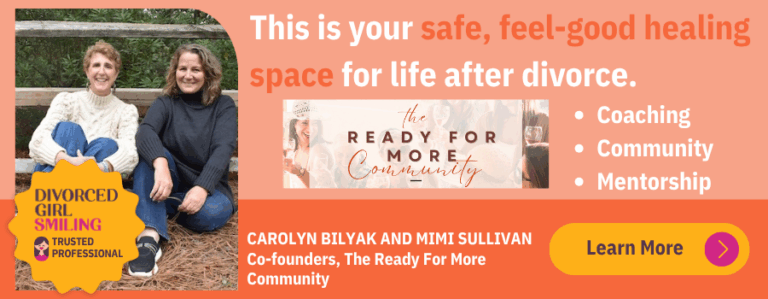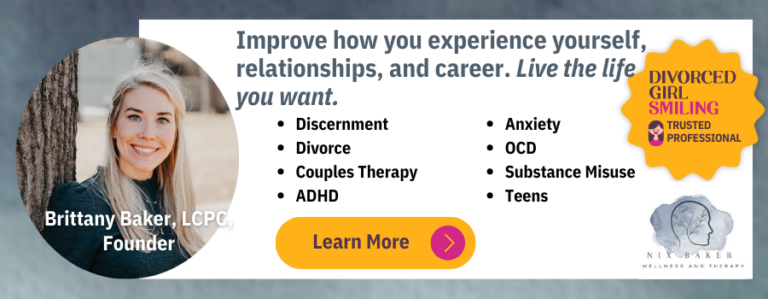Let’s talk about sugar cravings and how to stop sugar cravings. A study released by the scientific journal PLOS One proves that sugar intake directly correlates to higher rates of diabetes. The study was conducted by four researchers, including Dr. Robert Lustig, presenter of the 2009 “Sugar: The Bitter Truth” talk that became a YouTube sensation at close to 8 million views and counting.
What’s more shocking? The addictive nature of sugar rivals that of cocaine, morphine, and cigarettes!
It’s no accident that recovering alcoholics often turn to sugar as they cut out alcohol—it’s an easily available drug. According to a 2008 study out of Princeton University:
“rats eating large amounts of sugar when hungry, a phenomenon [known as] sugar-bingeing, undergo neurochemical changes in the brain that appear to mimic those produced by substances of abuse.”
In addition to the detrimental effects of sugar shown in these studies, sugar has been linked to weakened immunity, even feeding certain cancers! Found in most processed foods, fruit juice, and sports drinks (in the form of HFCS, high fructose corn syrup), and many of the desserts we grew up with and enjoy at holidays and birthdays, it’s hard to resist this substance’s seductive spell.
Fortunately, there are healthful ways on how to stop sugar cravings–even the most powerful sugar cravings.
Cravings are a method by which your body communicates with you, and they should not be ignored. However, what you think is a call for sugar may likely something else:
Sleep:
Fatigue stresses your body, but the quick boost you seek in sugar only provides a temporary lift. Instead, take a 15-20 minute nap if lack of sleep is the culprit.
Water:
Dehydration can trigger sugar cravings; drink 12 ounces of water when your next craving hits.
Exercise:
Moving your body (especially walking outside) helps keep cravings at bay because you get a potent hit of serotonin, a feel-good chemical that’s also released when you eat sugar.
Omega 3’s:
A deficiency of alpha-linoleic-acids (ALAs or bioavailable omega-3s) can cause sweet foods to taste less sweet, which means you crave more of them to satisfy the flavor. Up your intake of ground flaxseed, flaxseed oil (never heated), and walnuts to prevent this.
Love:
Cravings for sugar-laden comfort food often point to a psychological yearning for companionship. Spend more time socializing or engaging in your favorite activities and notice you might be able to stop sugar cravings!
Keep your energy stable throughout the day by adopting a few key rules:
1. Don’t skip meals; enjoy three balanced, nourishing, satiating meals, and occasional healthy snacks.
2. Pay attention to protein (from vegetable or animal sources) as this helps slow the release of glucose into your blood. In addition, make sure each meal includes some form of protein, fiber (found in fruit and vegetables) and heart-healthy fats (found in flaxseed, olive oil, avocado, and nuts).
3. Whatever you do, steer clear of artificial sweeteners like aspartame and saccharin, which are full of man-made chemicals that are detrimental to your health. Instead, enjoy your sweet flavors in moderation by focusing on healthier alternatives to sugar and its blood-spiking counterparts (organic local honey and maple syrup). Stevia and monk fruit are natural herb sweeteners that do not spike blood sugar. They are many times sweeter than actual sugar, so use it sparingly.
Editors note:
From someone who has fought sugar cravings my entire life and still fighting them, I have a few of my own suggestions. First, if you walk in the house and you are starving and dying for a sugar fix, try making a cup of hot tea. Tell yourself you will drink that first, and then if you still want the sugar you can have it. I guarantee the craving will go away. It’s soothing and comforting. Another suggestion for how to stop sugar cravings is either eat a few olives, or have a piece of gum. Both have helped me avoid a sugar binge. My last suggestion is, (and I believe Karen taught me this:) talk yourself through it. Think about how you will feel eating the sugar, and then think about how you will feel after. If you play it out in your mind, you might not want the sugar.























